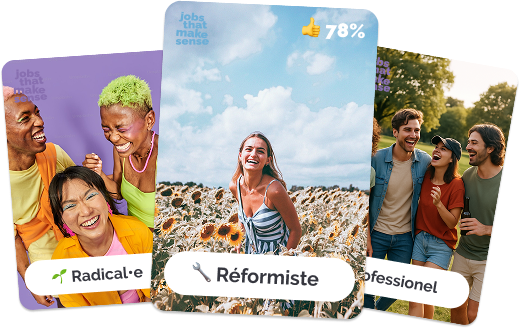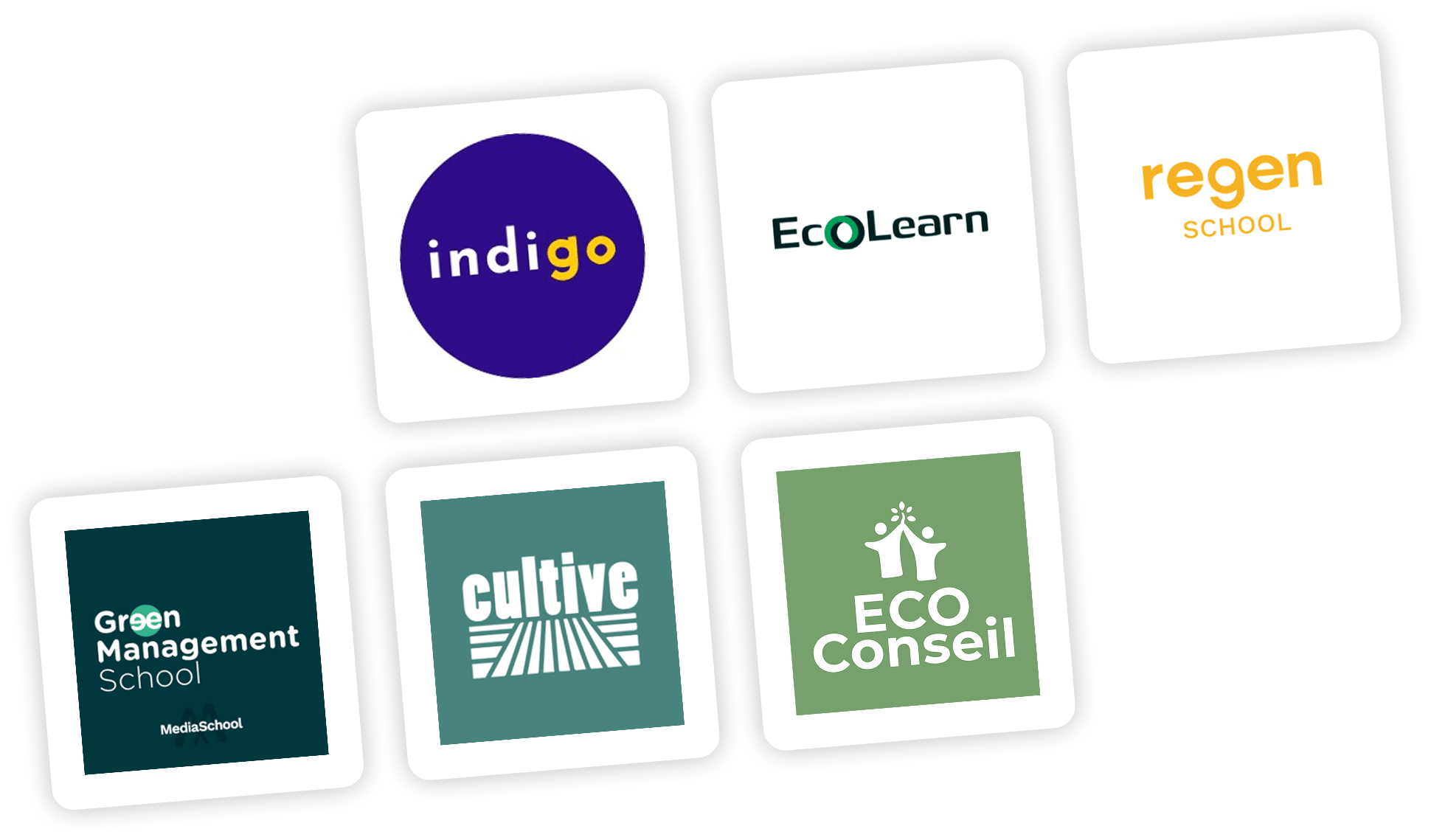Exploring other ways of organizing companies
"Hi, let me introduce myself, I'm Cyrille, I'm N-12 for the CEO,... And as a result,... um... I have to have all my decisions validated by 14 people before I can launch. But at least we're sure everything's in order. So, with all that, if I calculate correctly, the project I launched when I joined the company in 1995 - to launch a service on the Minitel - should be validated tomorrow. I can't wait!
This example is obviously imaginary, but not so far removed from the reality of some companies... Who hasn't despaired of the slowness of decision-making in their company, or the lack of transparency in the strategic choices made? Who hasn't said to themselves: "ah, if only I'd been given the chance to speak up before making this bad decision..."?
In many ways, today's hierarchical organization is out of step with the challenges of today's world. The ecological and social transition requires rapid adaptations and collective decisions, and the quest for meaning in work and the interest of missions has never been stronger.
The good news is that there are other modes of governance, each with their own specific features, but all of which attempt to correct the dysfunctions of the classic pyramid model.
Liberated organization, Holacracy, Opal organization, decentralized governance... These are just some of the terms used to describe the complex world of these new organizational modes. If you're interested in these topics, we'll soon have the opportunity to introduce you to the example of makesense, inspired by Frédéric Laloux's book "Reinventing Organizations* : Vers des communautés de travail inspirées" (which we highly recommend you read).
And what could be better than experimenting, to see if these organizational modes suit you and get a feel for how they differ from the hierarchical system?
We've identified a number of training courses for you to learn about or experiment with these forms of governance.
Training courses for an introduction to democratic governance
Non-violent communication, collective intelligence, empowerment, self-organization... These are above all new codes and a methodology that need to be learned and tested collectively, to understand what democratic corporate life is all about. Here are a few training courses to introduce you to, experiment with and embody this model of democratic governance.
Sémawé
A Scop governed by Holacracy, Sémawé offers 1 or 2-day face-to-face training courses in Grenoble, or online, to discover this model of governance. Holacracy is a system of governance inspired by living systems, based on the principles of shared responsibility and self-organization.
Funding available?
Training is eligible for L'Opco
The Fabrique des Possibles
If you're looking for knowledge on transition issues, La Fabrique des Possibles offers several training courses to help you develop key transition skills, such as facilitation, collective intelligence, emotion management, shared governance... The shared governance training course lasts 5 days and can be taken face-to-face in Montpellier, at The Island, a third-party venue committed to positive impact projects.
👉 Interview of Adrien Conty, founder of La Fabrique des Possibles en parle dans cet article !
👉 See la Fabrique des Possibles programs
Training courses that adopt this governance model
Ecologica
At Ecologica, not only are you taught shared governance to become a transition professional, but the school itself embodies this mode of operation, as it is managed under cooperative status. From the outset, cooperation has been at the heart of decision-making: "We set up working groups on a number of different topics: remuneration of teachers and employees, pedagogy within the school, assessment, tuition fees... Everything was thought through collectively, with the idea of a cooperative in mind", explains Floyd Novak, one of Ecologica co-founders, in an interview, in which he recounts the creation of the school.
The Pourgues Ecovillage
You can also learn about community life at the Pourgues Ecovillage. The advantage is that the inhabitants of the Pourgues Ecovillage share their way of life through immersive training courses. There, soliciting opinions and resolving conflicts are tools put in place to adopt a democratic mode of governance. Marjorie, one of the initiators of the ecovillage, was formerly director of a democratic school and wanted to integrate these tools into the ecovillage. You can also train in democratic education and use these tools in your personal and professional life. Marjorie talked about it in this interview
👉 See Pourgues ecovillage programs
Taking action
👉 See positive impact trainings



